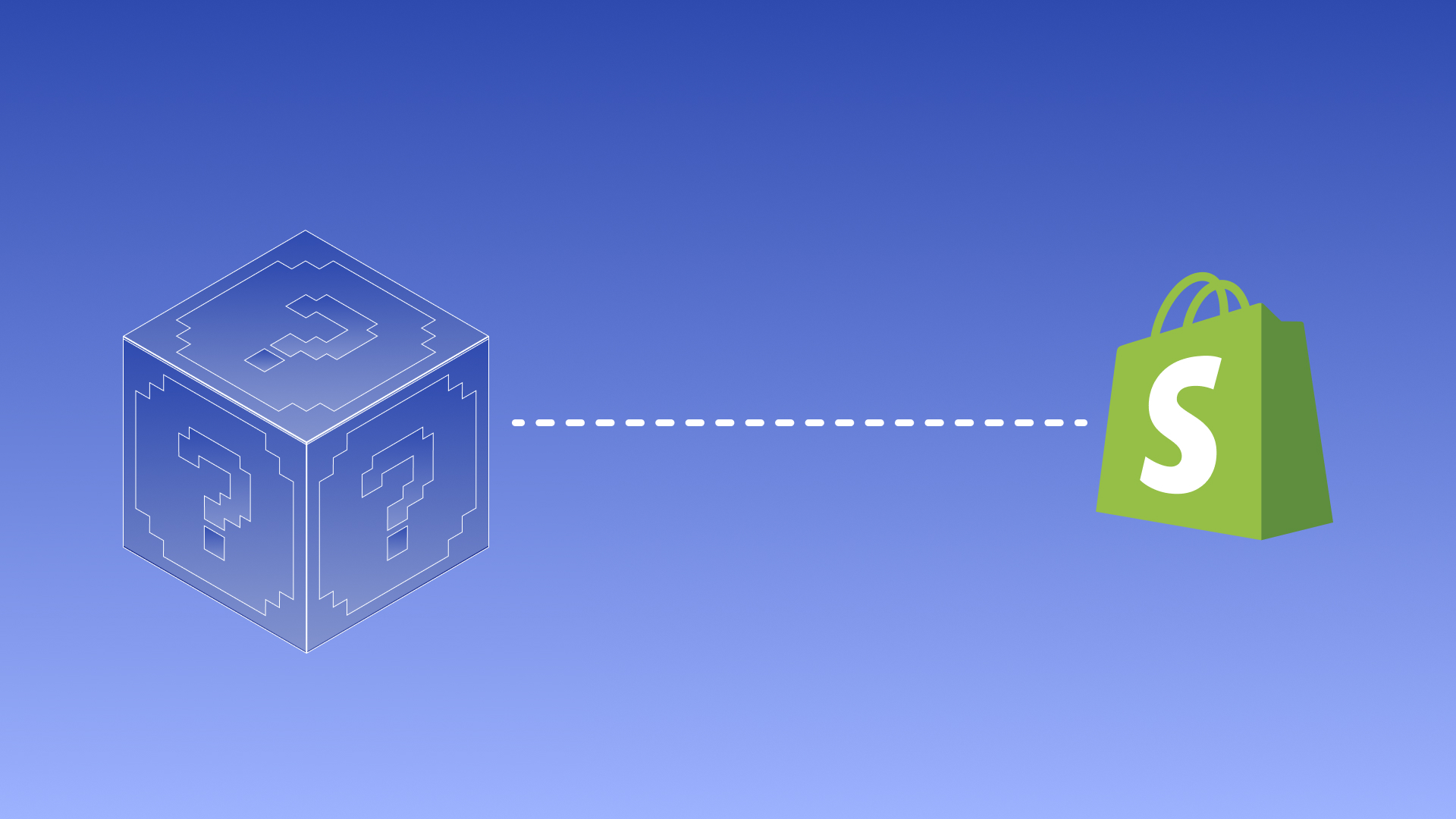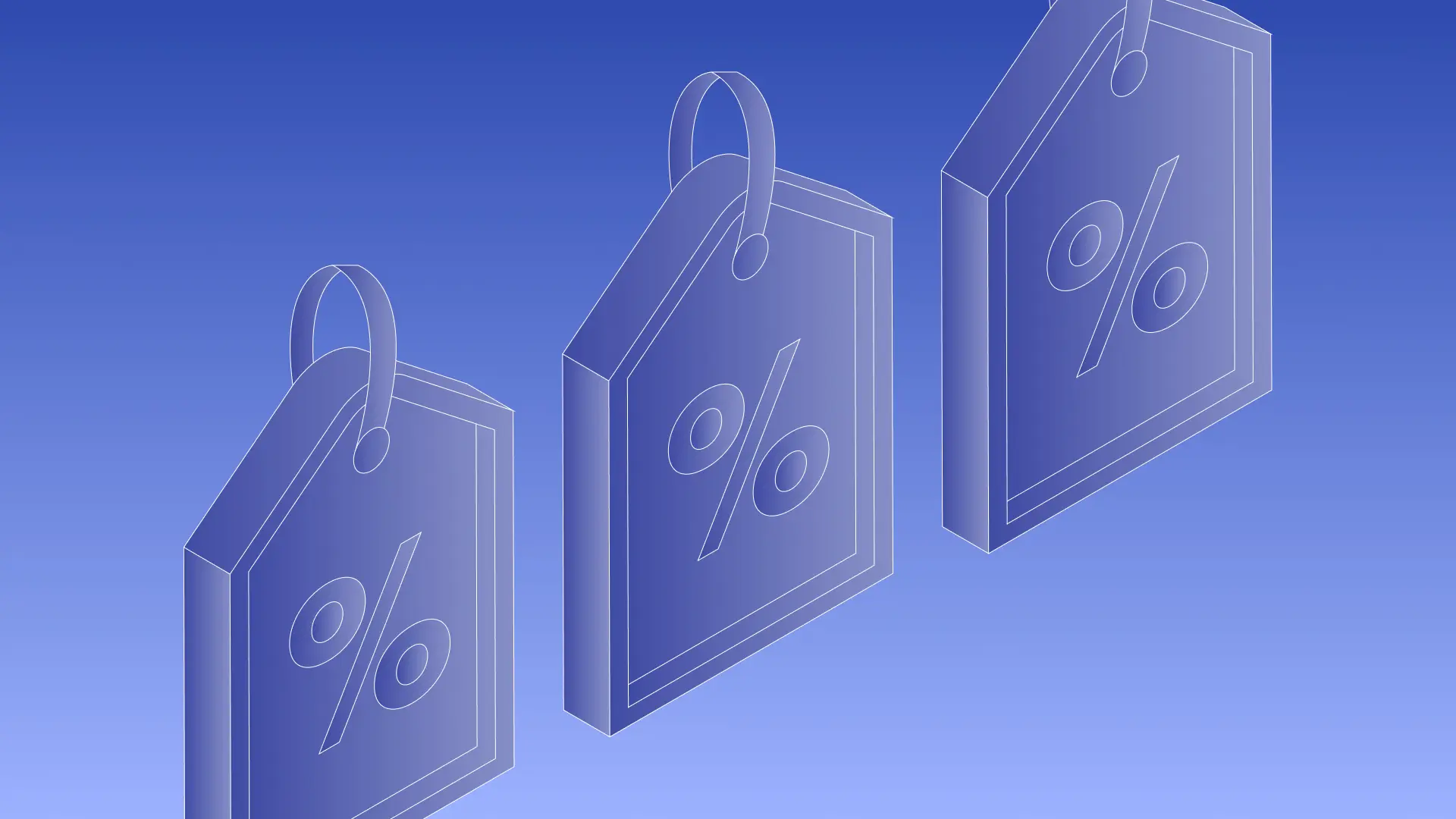Is Shopify Worth it in 2024?
- Shopify
- Ecommerce
Launched
November, 2024

Introduction
With countless e-commerce platforms available today, Shopify stands out as one of the most popular choices for established businesses and entrepreneurs alike. But is it still a good investment in 2024? This is a relevant question given the competitive landscape and evolving demands in retail.
Below, we’ll take a look at Shopify’s key features, pricing, and whether its benefits still align with today’s needs for online businesses.
User-Friendly Platform for Beginners and Experts
Shopify has long been known for its user-friendliness. Its intuitive design makes it accessible for beginners, while more advanced options cater to more experienced users. Whether you’re setting up a store from scratch or looking to scale an existing business, Shopify’s platform provides the tools needed to create a professional online store without needing coding skills.
Navigating through the setup process is straightforward; from selecting a theme to managing inventory or setting up payments, every step is designed with accessibility.
The design process is also a breeze. Its drag-and-drop interface means that you don’t have to deal with complex web design, something which is particularly helpful for those new to e-commerce.
What’s more, there’s a ton of information out there that can help you create a successful Shopify store if you are looking for pointers or advice, not to mention solid customer support that is friendly and responsive.
Features and Tools that Drive Growth
One reason for Shopify’s popularity is its expansive range of features, designed to help merchants scale and grow their businesses. Some of the most useful tools for sellers include:
- Shopify POS: Shopify’s powerful POS is designed with functionality in mind and can make scaling businesses simple. There are plenty of different options for businesses, ranging from mobile options to in-store units.
- Analytics and Reporting: Access to in-depth sales data and analytics enables you to make informed business decisions and track growth.
- Multi-Channel Selling: Shopify supports integration with marketplaces like Amazon, social media platforms, and other sales channels, allowing you to extend your reach past your own store.
- Extensive App Store: Shopify’s app store is extensive, offering a variety of integrations to customise your store.
The last point is particularly noteworthy - Shopify is known for its app store. For many business owners, Shopify’s app store is often the deciding factor that pushes them over the edge. It’s no surprise, then, that 80% of Shopify merchants use third-party apps - the possibilities are endless.
There are email/SMS marketing apps like Wizpop that allow you to send personalised messages to increase conversion rates, apps like Yoast SEO that optimise Search Engine Optimisation (SEO), and design apps like PageFly.
These third-party apps can allow you to tailor and optimise your store however you’d like, and there is no other platform that boasts anything similar to this.
Regardless, Shopify’s features are some of the best on the market, and while competitors may offer similar tools, Shopify goes above and beyond to provide merchants with everything they need to scale their businesses.
The Cost Factor
Cost is a critical factor for anyone considering an e-commerce platform. Like many of its competitors, Shopify offers various plans to cater to different types of businesses and sellers, each coming with their own traits and benefits.
Here are Shopify’s plans:
Starter: £5/mo with a 5% transaction fee.
Basic: £19/mo with a 2% + 25p per transaction fee.
Standard: £49/mo with a 1.7% + 25p per transaction fee.
Advanced: £259/mo with a 1.5% + 25p per transaction fee.
Without going into too much detail, the basic plan covers all of the essentials and will be more than enough for businesses just starting out. Meanwhile, the higher-tier plans come with premium features like advanced reports and international pricing options that are better suited to larger businesses.
These price points tend to be a little higher than the competition, but many merchants feel like Shopify’s features and tools are more than able to justify the expense and pay for themselves. In fact, Shopify Partners reports that businesses see on average a 155% ROI within three years of joining Shopify, so there may be some truth to this sentiment.
However, if budget constraints are significant or you are unable to cover the expenses, it may be better to go with a lower-cost alternative.
Payment Processing
Another notable benefit of Shopify is Shopify Payments, the platform’s built-in payment processor. This payment system supports major payment methods including credit cards, Google Pay, and Apple Pay, covering most customer preferences and making checkout convenient.
Right from the get-go, this is a pretty good setup. Around 50% of consumers think having multiple payment options is important, so having a built-in payment system like this that gives customers several options and has no fees is a great plus.
It’s also possible to accept any other payment methods you wish, but Shopify imposes transaction fees if you use anything other than Shopify Payments. It’s also worth mentioning that Shopify Payments isn’t available in some countries, so if you target customers who live in areas where it isn’t available, this could limit your payment options.
Not only does Shopify give flexibility when it comes to payment methods; you can also tailor the checkout experience to your needs. You can integrate with apps like Wizship that offer a delivery upsell in return for increased protection or even offer personalised recommendations near the checkout to increase Average Order Value (AOV). This leaves ample room for optimisation through upselling and cross-selling.
Drawbacks to Keep in Mind
While Shopify has numerous strengths, it isn’t perfect. Its transaction fees for external payment processors can be a disadvantage as mentioned, but there’s also the issues of customisation for specific needs. If you’re looking for highly customisable designs and don’t mind some hands-on coding, platforms like WooCommerce or BigCommerce might offer more flexibility.
Additionally, while Shopify’s app store is vast and incredibly useful, some key features require third-party apps, which can mean added costs. This is especially true for businesses that need advanced functionalities like complex inventory, subscription services, or loyalty programs. However, many free alternatives are still available.
Conclusion
Whether or not Shopify is worth it depends on what you’re looking for in an e-commerce platform. For businesses prioritising ease of use, built-in features, and reliable customer support, Shopify remains a strong contender. It’s particularly suitable for small to medium-sized businesses that are looking to scale without needing extensive knowledge.
Its multi-channel selling capabilities and social media tools are also highlights . However, if you desire a platform that allows complete design flexibility or don’t make enough sales to cover the costs, it may be worth exploring other alternatives.
Shopify is a robust selling platform with a solid reputation for good reason, but it's not for everyone.
Frequently Asked Questions (FAQs)
What are the Pros and Cons of Shopify?
Shopify offers everything a merchant could need to grow and scale their business, packed with endless features and boasting an extensive app marketplace. However, higher-tier plans can be pricey for startups, and customisation is somewhat limited compared to other platforms.
Is Shopify a Good E-commerce Platform?
Yes, Shopify is a good e-commerce platform. It offers ample features and functionality, giving merchants everything they need to grow and more.
Does Shopify Offer a Discount?
Shopify offers a 3-day trial for business owners who are unsure whether or not Shopify is right for them. What’s more, they also offer a 10% on annual plans and a 20% discount on biennial plans.
Let's build something together
If you like what you saw, let's jump on a quick call and discuss your project

Related posts
Check out some similar posts.

- Shopify
Navigate Shopify's pricing with ease. Discover what each plan offers and choose the best option to g...
Read more
- Shopify
Increase Shopify revenue by raising Average Order Value: five practical tactics that encourage highe...
Read more
- Ecommerce
Boost your e-commerce success with exceptional customer experiences. Discover strategies to build lo...
Read more
- Shopify
Prepare your Shopify store for the holidays with proven tactics to attract shoppers, improve UX, and...
Read more